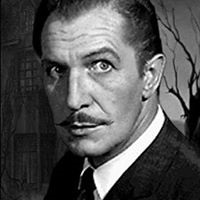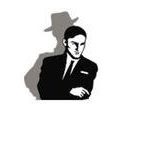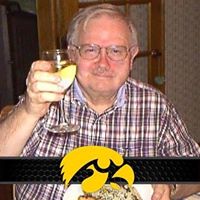How many years did Prohibition last in the United States?
The enforcement law, commonly known as the Volstead Act, passed Congress on October 29, 1919, and prohibition officially went into effect on January 17, 1920. The national Prohibition experiment was in effect for 13 years from 1920 to 1933. Nationwide, Prohibition ended with the ratification of the Twenty-first Amendment to the U.S. Constitution, which repealed the Eighteenth Amendment, on December 5, 1933.
Prohibition in the United States was a nationwide constitutional ban on the sale, production, importation, and transportation of alcoholic beverages. When the time to repeal Prohibition came, critics argued that legalizing the manufacture and sale of alcohol would stimulate the economy and provide desperately needed jobs. It took some time, but by 1966 all U.S. states had repealed their provisions to prohibit alcoholic beverages. Liquor in the United States is now controlled at the local level.
The well-known Prohibition of 1920, by the way, wasn't the first such case in the country. The same acts went into effect in Maine and several other states in the middle of the 19th century. Anyway, the first prohibition wasn't nationwide and didn't last that long. It was repealed just a few years later. Nowadays several countries on the planet still have prohibitions against alcohol. Most of these countries are Muslim (Saudi Arabia, Iran, Sudan and others).
More Info:
en.wikipedia.org










